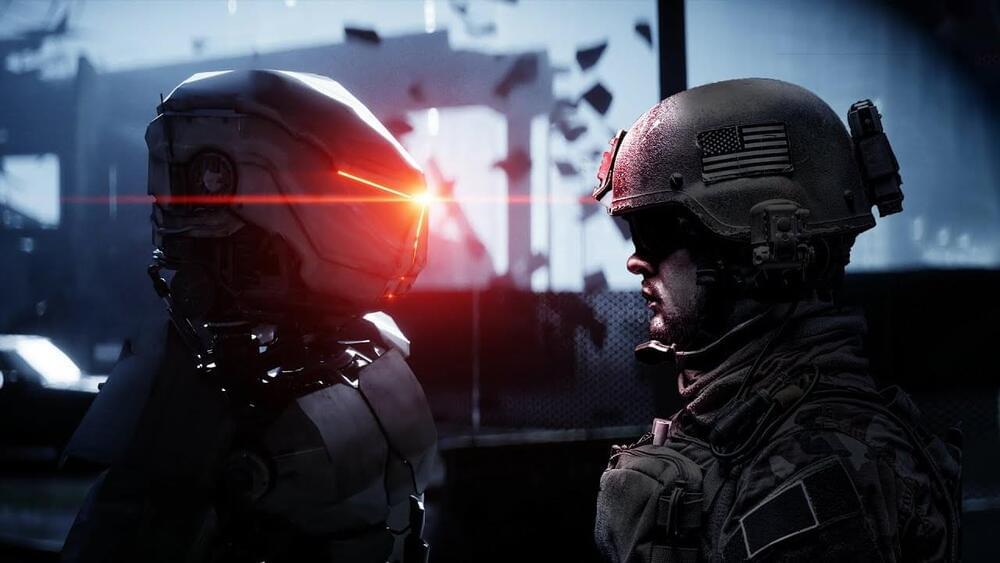Artificial Intelligence is touching almost every aspect of our lives. It’s reasonable to expect AI influence will only increase in the future. One of many fields heavily influenced by AI is the military. Particularly in the development of Supersoldiers. The notion of super-soldiers enhanced with biotechnology and cybernetics was once only possible in the realm of science fiction. But it may not be too long before these concepts become a reality.
A new worldwide arms race is pitting countries against each other to be the first to successfully create real genetically modified super soldiers by using tools such as CRISPR. Understandably many of these human enhancement technologies raise health and safety questions and it is more likely these enhancements will first gain traction in countries that do not place as much weight on ethical concerns.
According to US Intelligence, China has conducted “human testing” on members of the People’s Liberation Army in hope of developing soldiers with “biologically enhanced capabilities.
This has made the U.S. military’s top intelligence agencies increasingly worried but the Pentagon has significantly invested in its own research in AI and in the extension of the human senses beyond their current physical limitations, to provide soldiers with superhuman abilities.
The basics of brain-machine interfaces with AI are being developed for the military, and if the results are as successful as scientists hope they will be, soldiers could one day be enhanced with cybernetics, effectively becoming trans-human soldiers.
The US Military is also examining newly scientific tools, like genetic engineering, brain chemistry, and shrinking robotics, for even more dramatic enhancements. But most of this advanced technology remains classified.
